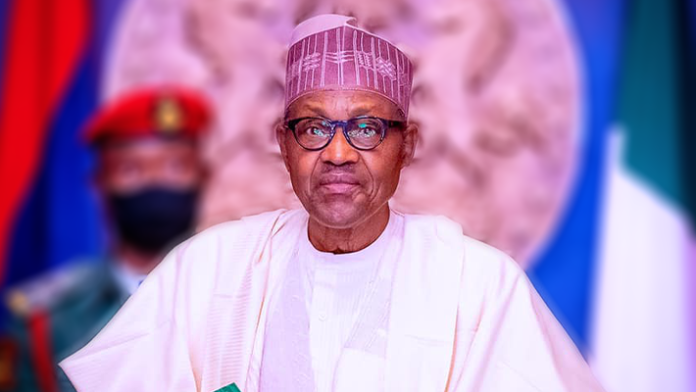The president suspended the controversial Ruga policy in July 2019, but not before the country had been plunged into financial liabilities.
Following nationwide outrage, President Muhammadu Buhari suspended the controversial Ruga policy in July 2019.
The decision proved an instant public perception lifeline for the president because it was widely seen as saving the country from another round of needless ethnic and tribal animosity — which the Ruga programme was fast degenerating into prior to its suspension.
Many were also pleased to finally see an urgent reconsideration from a leader with a reputation so rigid and sluggish he acknowledged the label of ‘baba go slow’ from his critics.
What a large chunk of the population did not know, however, was that the president’s decision came at a substantial cost to the national treasury: N12 billion.
A Groundwork Laid
In 2019, Premium Times reported that President Buhari sacked Vice-President Yemi Osinbajo from his role as the head of an inclusive committee working on resolving the deadly conflict between farmers and herdsmen in the northern and central parts of the country.
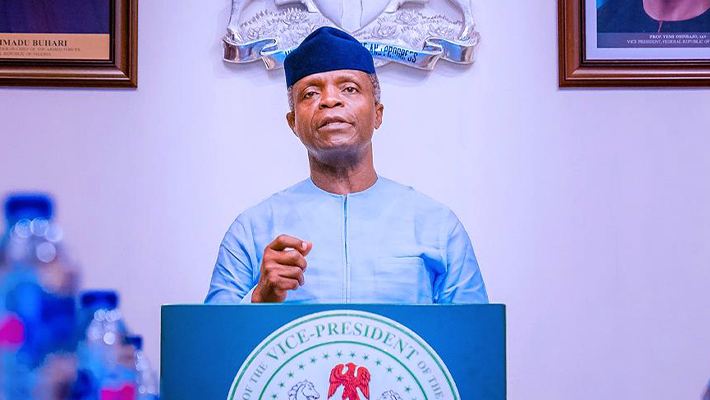
Mr. Buhari took the decision based on the recommendation of his departed chief of staff Abba Kyari. Mr. Kyari had intercepted a memo from Mr. Osinbajo to Mr. Buhari, in which the vice-president updated his principal on the progress of the livestock transformation committee and requested funding to execute a long-time proposal that would effectively resolve the decades-long crisis that has killed thousands.
Specifically, Mr. Osinbajo had requested for funds to commence resettling and compensation of people displaced by the farmers-herdsmen violence that devastated many parts of the country for many years — only recently abating for the longest stretch since Mr Buhari took office in 2015.
Mr. Osinbajo’s request for N22 billion in the April 12, 2019, memo was made in respect to the National Livestock Transformation Plan (NLTP) that Mr. Buhari had delegated him to lead. State governors were also part of the NLTP, which was coordinated by the National Economic Council (NEC).
Thirty-five billion naira was initially budgeted for the activities relating to the resolution of the farmers-herdsmen conflict. Contracts worth were awarded for Ruga projects (construction of ranches for Fulani herders along designated grazing routes).
The memo, which was addressed directly to the president as procedurally accepted of such communications, was soon hijacked by Mr. Kyari, who advised the president to disregard its prayers because they were either premature or entirely unnecessary.
He said the N12 billion that was budgeted for the Ruga projects had not been fully utilised, therefore the funding for resettling of those displaced in the conflict areas should be held back for an indefinite period of time.
Mr. Kyari also asked Mr. Buhari to disband the NLTP altogether and appropriate all its functions under the National Food Security Council (NFSC). The president is the head of the council.
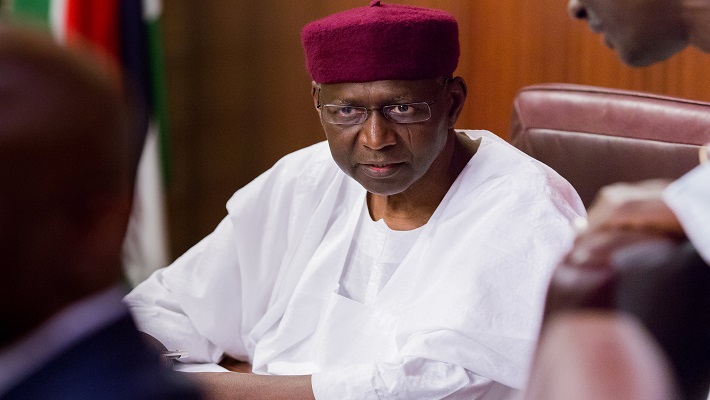
Without seeking Mr. Osinbajo’s opinion on the observations of Mr. Kyari, Mr. Buhari endorsed the recommendations of his chief of staff, effectively undermining his own vice-president.
N12 billion boondoggle
Although Mr. Kyari’s argument to Mr. Buhari appeared rational on the surface, he convinced the president to drop Mr. Osinbajo from the NLTP as part of a larger scheme to circumvent accountability in the implementation of policies aimed at resolving the farmers-herdsmen crisis, according to presidency sources familiar with the matter.
With Mr. Osinbajo out, the president retained near-absolute control of the livestock policy and accompanying expenditures under the NFSC. Mr. Kyari was confident of exercising the president’s powers through the NFSC, sources said.
The Gazette obtained documents that showed how nearly N12 billion worth of contracts were hurriedly awarded for Ruga projects just as Mr. Osinbajo was being eased out of the entire livestock policy.
On April 30, the Bureau of Public Procurement (BPP) issued a certificate of no objection to 60 companies and two government agencies for the construction of Ruga settlements for Fulani herders in 12 states of Sokoto, Nasarawa, Benue, Zamfara, Kebbi, Kogi, Niger, Plateau, Taraba, Kaduna, Katsina, and Adamawa.
The certificate, which carried reference BPP/S.1/Vol.XIV/18/243, was issued following a request from the Federal Executive Council that the procurement process for the Ruga projects be expedited because they required urgent implementation.
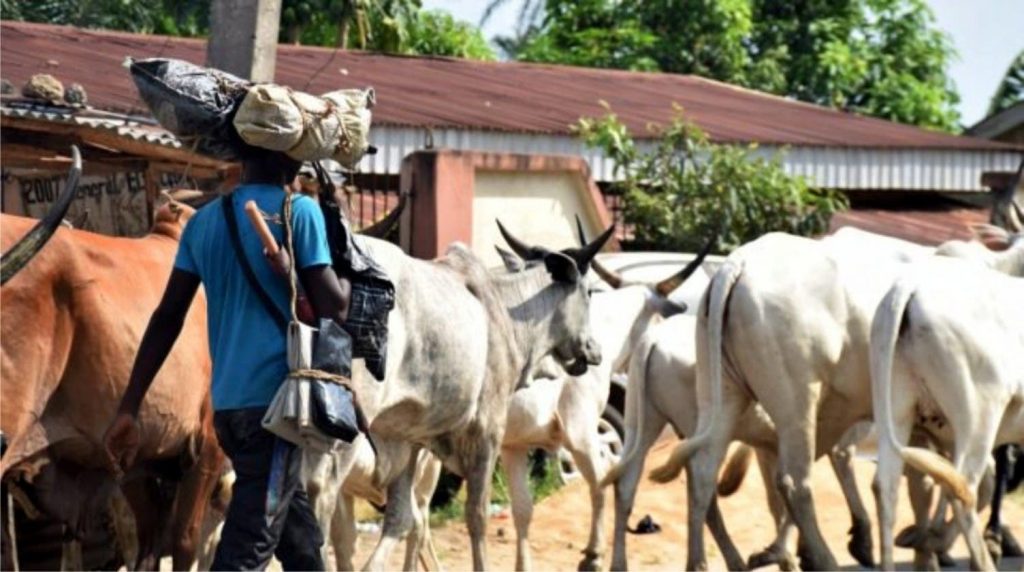
The contracts, which ranged between N19 million to N382 million, were awarded for activities such as the installation of boreholes and dams as well as the construction of roads and hospitals, amongst others.
The Federal Ministry of Interior received a lump sum of N1 billion to install security outpost and watchtower for civil defence officers; while the Federal Ministry of Agriculture was given N10 million for project monitoring. The two were the only public institutions captured in the contracts.
Letters of contract award were subsequently issued to the companies, most of which were registered in Abuja. Some of the companies were, however, not registered or their registration status was unverifiable, the Gazette found.
Contracts worth N11.7 billion were awarded to the 60 companies and two agencies in one fell swoop. The FEC had proposed N11, 722, 827, 834.72 expenditure for the project in its request for a standalone waiver for companies and ministries, but the BPP approved N11,722, 676.634.72, reflecting a cost reduction of a paltry N151,200.
The Gazette’s findings showed some of the contracts were awarded to unregistered firms without due diligence and replete with frivolous line items. Sixty-one companies that took part in the contracts were looked up for their registration credentials at the Corporate Affairs Commission, only fifty-one were duly registered.
For instance, the Gazette found that at least four companies amongst those that received the dubious contracts belonged to the same man. Unique-Life Properties Ltd., Power Cleit Ltd., Lansoj Ltd. and Fab Henr Nigeria Ltd. are run by Fabian Nwaora, an Abuja-based public works contractor infamous for his use of sundry companies to corner lucrative government contracts.
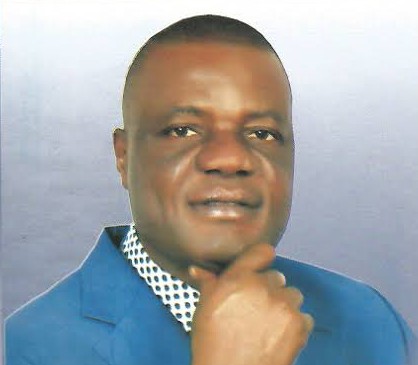
Officials at the CAC were unable to match the registration details of 10 companies, saying they were either unregistered or provided invalid names to get the contracts from the government. Some of the unregistered companies include Ajeje Ventures Ltd., Bonjoa Nigeria Ltd. and Landlord Properties Ltd.
Officials also raised suspicions that the companies that received the contracts are based in Abuja, rather than in the states where the Ruga constructions would be carried out.
“They quickly awarded the contracts to Abuja briefcase contractors who would not even step a foot near the states that Ruga settlements would be built,” an official said. “It is really embarrassing for the country that this level of mismanagement is still going on.”
A concept note of the Ruga projects prepared by the Ministry of Agriculture said the Ministry of Interior planned to spend its N1 billion share from the largess to purchase “arms and ammunition.”
But the civil defence officers that would be deployed to protect all Ruga settlements across the northern parts of the country had already begun as standard for their law enforcement duty. Like police and other security agencies, ammunition procurement features in the annual budget of the civil defence.
Liabilities incurred
A few weeks after the contracts were awarded, the president ordered the suspension of the Ruga projects after the policy had caused serious disaffection from some corners of the country.
In Benue, Governor Samuel Ortom rejected attempts to establish a Ruga settlement for Fulani herders. The state said its anti-open grazing law (2016) only permitted the construction of ranches for livestock. The Ruga was proposed to be a mini-community of mostly-Fulani herders and their relatives, which led Benue to reject it.
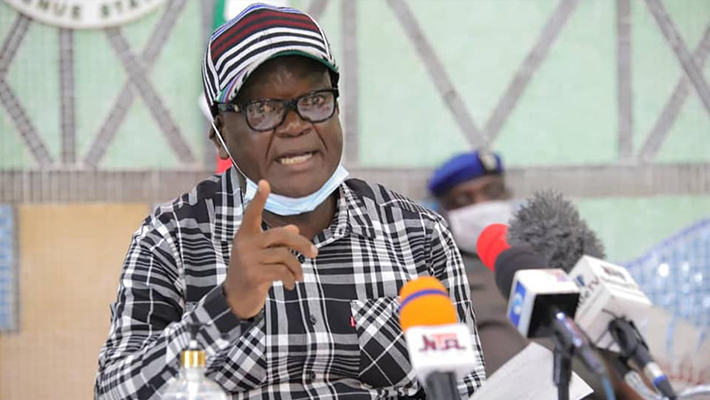
All states in the southern parts of Nigeria rejected the Ruga plan, preferring to be left to individually determine what policy would be most suitable for their residents.
The proposed NLTP under Mr. Osinbajo allowed states the power to individually determine whether they prefer ranches within their respective borders or Ruga or a hybrid of both measures.
Benue commenced implementation of the ranches in July 2019, describing the policy as popular amongst livestock farmers. The state, however, said no Fulani herdsmen had applied for land to the ranch, indicating they remained adamant on their Ruga settlement.
Nigerian taxpayers stand to lose heavily as companies have started demanding their pay for the contracts — even though no tangible work had been done prior to the announcement of the suspension.
In late August 2019, a newspaper advertorial pleaded with the president to release funding for the contractors because they had been indebted to banks in the course of securing the contracts.
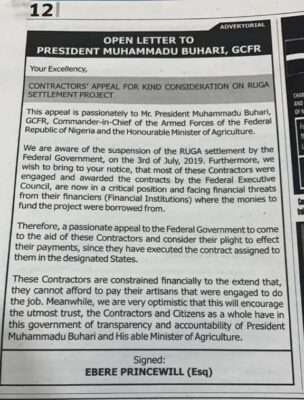
A senior presidency source told the Gazette the companies’ demand was legitimate, seeing it as a fallout of the removal of Mr. Osinbajo from the livestock transformation panel.
“The NEC had gone through a rigorous phase with the NLTP,” the source said. “But they prioritised Ruga policy that was just a memo over it because it would be of immediate financial benefits to them.”
“A contract had been awarded and contract letters issued,” the source said under anonymity to avoid being targeted for interacting with the media without authorisation. “There is already a liability whether the funds had been paid out or not.”
The source said some of the companies had already been paid parts of their contract sum, while many others were in the process of being mobilised before the policy suspended. The Gazette could not establish whether or not any other firms were paid after the policy was suspended.
It was also unclear the number of companies that had received some form of payment prior to the suspension of the Ruga projects.
Presidential spokesman Garba Shehu told the Gazette he could not comment on the manner the N12 billion Ruga contracts were awarded, directing enquiries to other agencies, especially the agric ministry.
A spokesperson for the Ministry of Agriculture, Ikemefuna Ezeaja, initially answered his call, but abruptly disconnected it after learning that it was about an enquiry on the N12 billion for Ruga projects. He did not answer subsequent calls to his line over two days.
A freedom of information request which the Gazette filed to the BPP was not treated for several weeks. (Peoplesgazatte)

